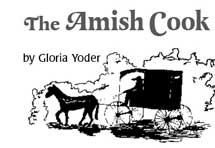I have a confession to make. I am a logophile. I am, as defined by the Oxford English Dictionary, “a person who is obsessively interested in words.” Dare I say “a verbivore”? As a logophile I am crazy about word games — Bananagrams, Wordle, crossword puzzles, and especially Scrabble. I have four scrabble boards: The…



